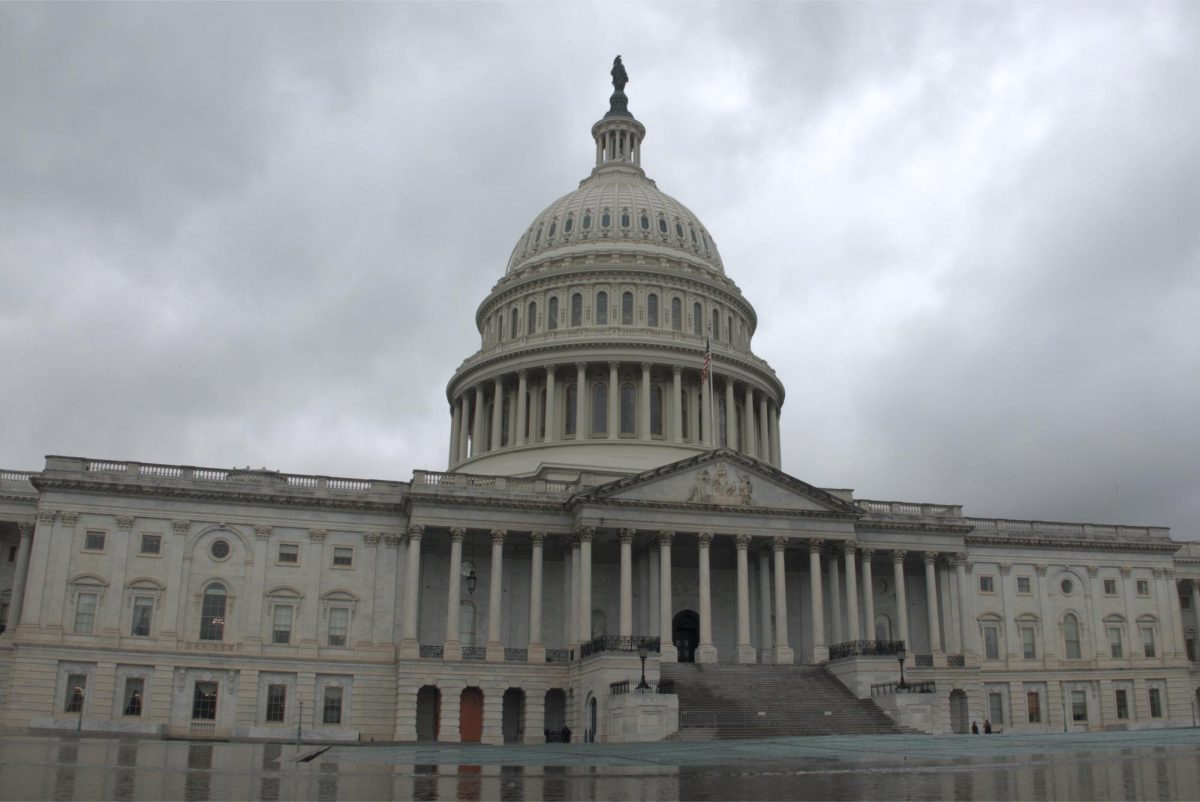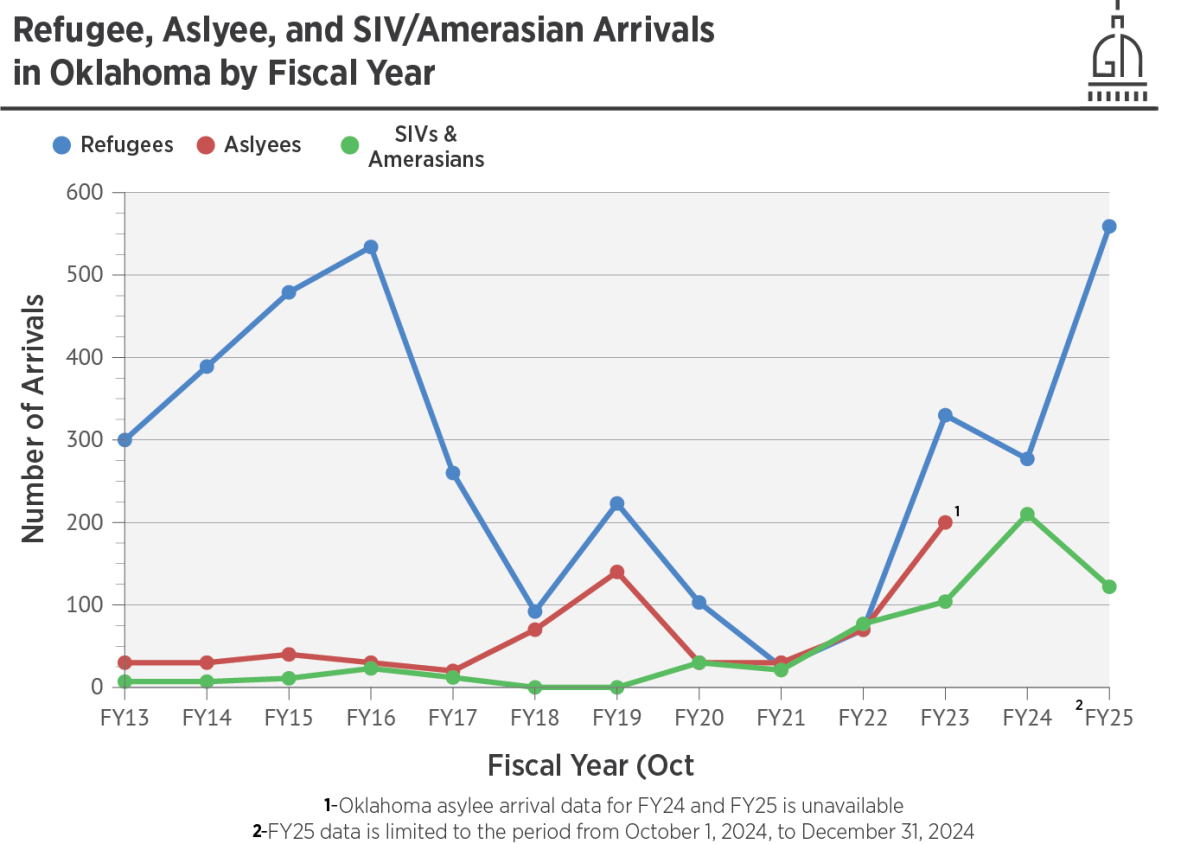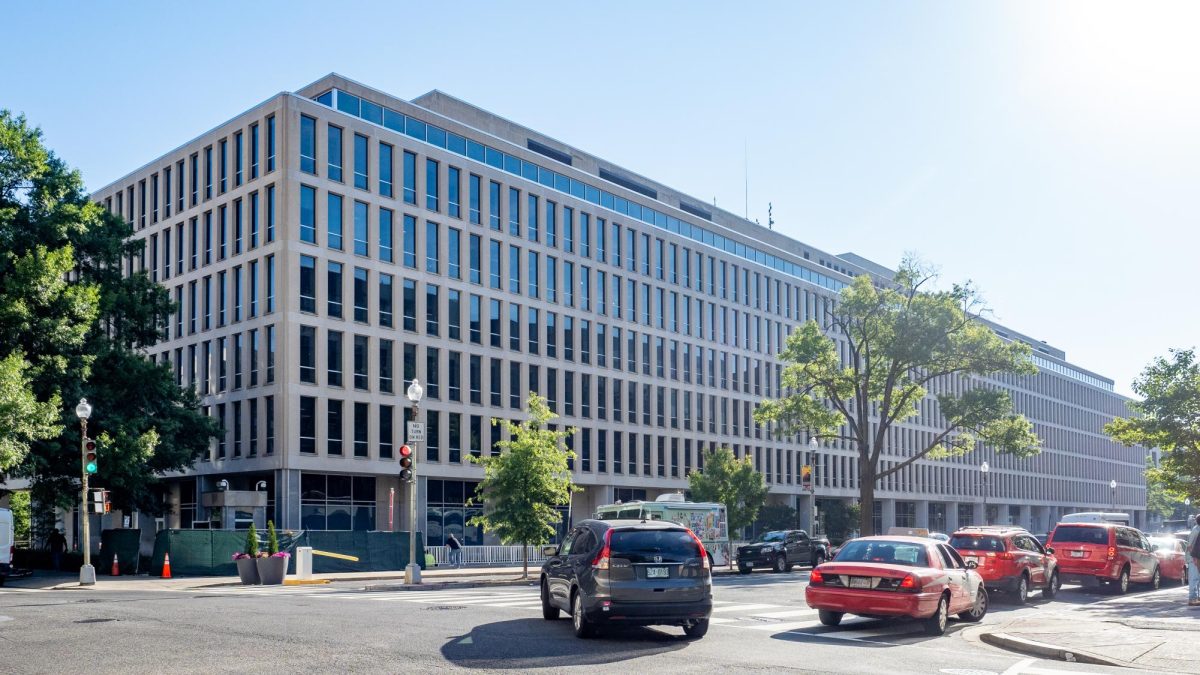WASHINGTON – Prior use of cannabis may no longer be a deterrent to people seeking a security clearance or a federal civil service job if the Senate Homeland Security committee has its way.
The Senate committee on Homeland Security and Governmental Affairs has voted to send the DOOBIE Act, a bill aimed at ending the automatic disqualification for prior cannabis use to the Senate floor.
The Dismantling Outdated Obstacles and Barriers to Individual Employment act passed through committee by a nine to five vote. The lone Oklahoman on the committee, Senator James Lankford (R-Oklahoma City), voted against sending it to the floor, despite Oklahoma’s legalizing medical marijuana in 2018.
Senators Mitt Romney (R-Uah), Rick Scott (R-Florida), Josh Hawley (R-Missouri) and Roger Marshall (R-Kansas) joined Lankford in his opposition. Senator Ron Johnson (R-Wisconsin) voted nay by proxy.
Multiple states, including California, Michigan and Montana, have moved to limit, or end, pre-employment cannabis screening for most state employees.
Amid the movement to loosen cannabis regulations, Lankford has stood firm in his opposition to the drug.
Following the Drug Enforcement Administration’s announcement of a hearing to reschedule cannabis from a Schedule I substance under the Controlled Substances Act to a Schedule III drug, Lankford led a letter, published in June, to Attorney General Merrick Garland pushing back on the effort. Senators Mitt Romney (R-Utah, Jerry Moram (R-Kansas), John Cornyn (R-Texas) and six other Republican senators signed the letter.
“The Proposed Rule would transfer marijuana from Schedule I of the Controlled Substances Act (CSA) to Schedule III of the CSA. The rule fails to provide adequate science and data to support moving marijuana to Schedule III and should not have been signed or published,” the letter said.
In 2023, Lankford and Representative Pete Sessions (R-TX) led a bicameral letter urging the DEA not to remove cannabis from its Schedule I listing.
On October 1, House Energy and Commerce Committee Ranking Member Frank Pallone Jr. (D-New Jersey) and Judiciary Committee Ranking Member Jerrold Nadler (D-New York) urging the DEA in a statement to finalize the proposal to reschedule cannabis to Schedule III.
“We also call on the Department of Justice and HHS (Department of Health and Human Sciences) to continue to assess whether Schedule IV, Schedule V or descheduling may be appropriate,” Pallone and Nadler said in the statement.
Also in 2023, Lankford released a statement that said more marijuana is not a positive for Oklahoma. According to Lankford, Oklahoma, land is being purchased by foreign investors to grow cannabis.
According to a 2022 study by the Farm Service Agency of the United States Department of Agriculture, nearly 1.8 million acres, or 4.2%, of agricultural land in Oklahoma is owned by foreign investors. Maine leads the nation in foreign investor ownership of agriculture, with nearly 3.5 million acres, or 21.1%, held by foreign investors.
“Marijuana does not make our families stronger, our streets safer, or our workplaces more productive,” Lankford wrote.
In January, the Badger Institute, formerly known as the Wisconsin Policy Research Institute, published a policy brief that said early research has found that cannabis legalization has neutral or positive impacts on crime, but an increase in traffic accidents, lower unemployment rates and a positive impact on workforce participation.
A 2016 study by Health Economics found that states with legal cannabis have seen a decline in workplace absences due to sickness and health issues.
Another 2016 study, by the National Bureau of Economic Research, found that the legalization of medical cannabis has a positive impact on workforce participation among individuals over 50 years old.
According to a 2016 study by the Economic Self-Sufficiency Policy Research Institute at the University of California Irvine, cannabis decriminalization had a positive impact on employment probability among young males and a 4.5% increase in weekly earnings.
The DOOBIE Act author Senator Gary Peters (D-Michigan) released a statement following the committee’s vote to send the act to the Senate floor. Peters said the federal government must adapt to the evolving legal and social landscape around cannabis.
“My bill takes a crucial step by aligning federal policy with existing agency guidance, ensuring that past marijuana use alone doesn’t automatically disqualify talented individuals from public service. This approach will expand our talent pool and create a fairer, more inclusive hiring process,” Peters said.
In a statement following the committee’s vote, NORML Political Director Morgan Fox said it is ridiculous for the federal government to disqualify candidates based on cannabis use considering most Americans think cannabis should be legal. She also said the nation is disadvantaging itself by barring qualified individuals from civil service based on cannabis usage.
According to a Pew Research Center study, 57% of Americans think cannabis should be legal for recreational and medicinal use. 32% of Americans believe it should be legal for medicinal use only. 11% of Americans think it should be entirely illegal.
NORML is a social welfare organization that advocates for the reform of national cannabis laws.
With both chambers of Congress in recess until November 12 and a slate of spending bills, such as the National Defense Authorization Act and a budget for Fiscal Year 2025, on the agenda, it is unclear if the DOOBIE Act will reach the floor before the Senate is expected to adjourn sine die on December 20.
If the act does not reach the floor by the deadline, it must be reintroduced once the 119th Congress begins in January.
Kevin Eagleson is reporting from Gaylord News’ Washington bureau this fall as part of an OU Daily scholarship.
Gaylord News is a reporting project of the University of Oklahoma Gaylord College of Journalism and Mass Communication. For more stories by Gaylord News go to GaylordNews.net







